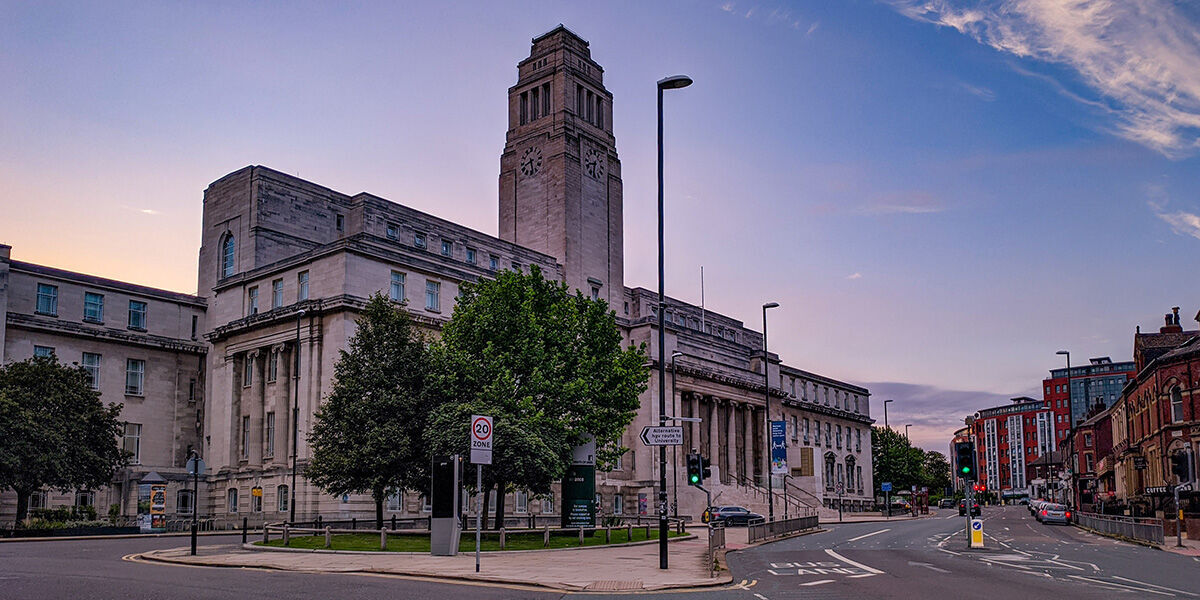Civil and environmental engineers focus on buildings and infrastructure and the environment in which they are built and operated, continually finding new ways to ensure safety and sustainability of operations whilst also protecting the natural world. From safe drinking water and transport systems, to dealing with contaminated sites and minimising environmental impact, the work of civil and environmental engineers is varied and also has a huge impact on our quality of life on a daily basis.
This JBM-accredited degree develops civil and environmental engineers who actively contribute to sustainable and economic growth whilst maintaining the highest ethical standards and delivering the infrastructure we all rely on in everyday life.
At Leeds, sustainable development is integrated into teaching and learning throughout your degree. You’ll focus on design and engineering projects which minimise society’s impact on the environment, reduce the temporary borrowing of finite materials and resources, while maximising societal benefit. You’ll also develop and fine-tune theoretical and practical abilities and learn to solve problems using analytical, technical and decision-making skills – all attributes sought after by employers in industry.
This is a practical course, so you’ll also have access to excellent laboratory facilities and a design studio, as well as extensive library facilities and computing equipment, including industry-standard software such as Revit (Building Information Modelling), IES (dynamic thermal modelling) and Robot (structural analysis). Our impressive laboratory facilities include specialist facilities for structures, materials, public health engineering, building services and geotechnics – everything you need to get started on your career as a chartered civil and environmental engineer.

